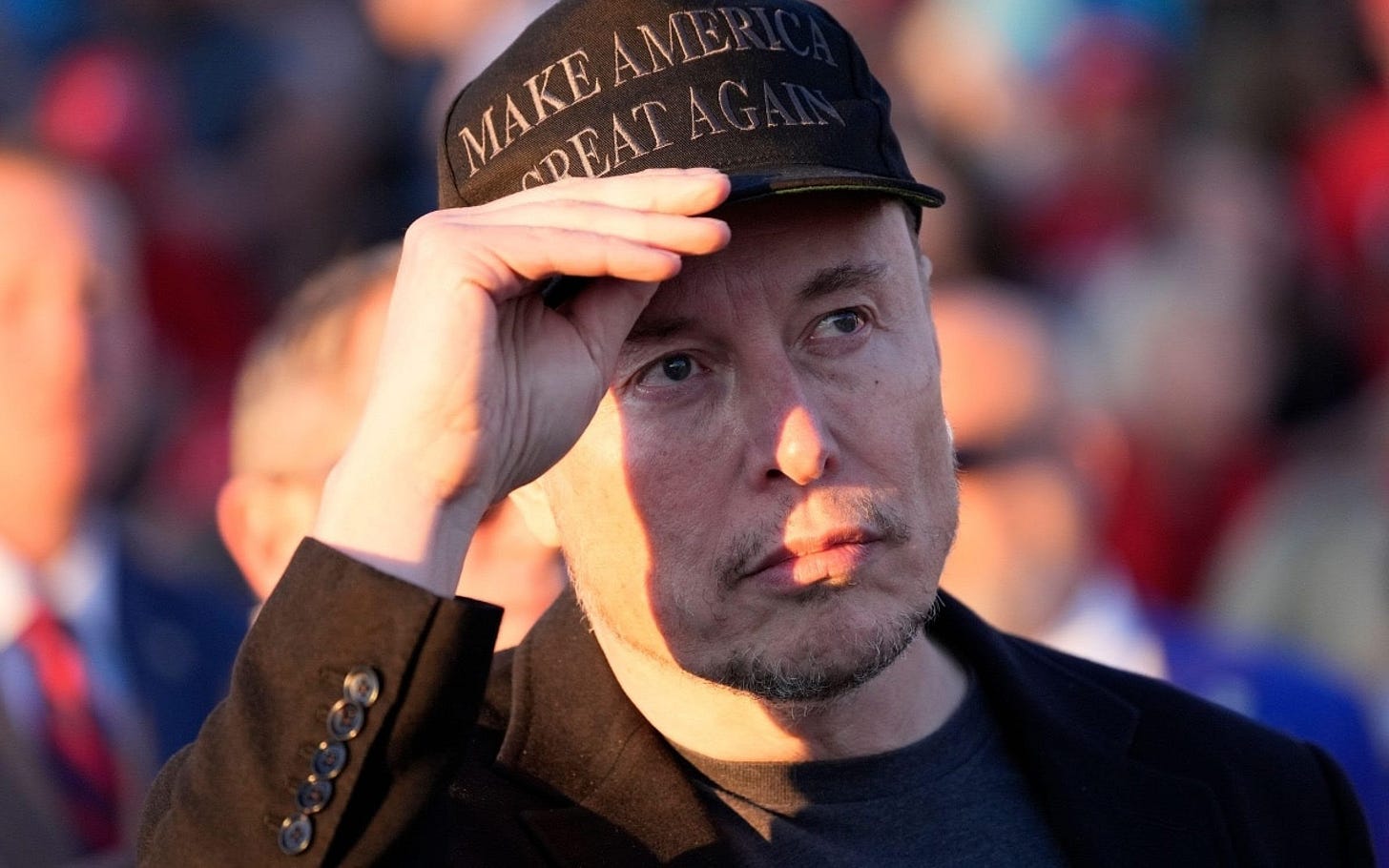Will Lammy challenge China during his trip?
Lammy is Beijing-bound as he seeks to kickstart what many suspect will be a “diplomatic rapprochement” with China.
David Lammy is Beijing-bound as he seeks to kickstart what many suspect will be a “diplomatic rapprochement”, as the first member of Britain’s new Labour government to engage in some face-to-face diplomacy with China.
The foreign secretary will hold talks - and dine - with his Chinese counterpart Wang Yi during his two-day visit.
The brief visit by Lammy’s predecessor, James Cleverly, to Beijing last August was the first by a top British diplomat in five years. And a meeting between Britain and China’s leaders has not taken place since 2018, when Prime Minister Theresa May visited Chinese soil.
What can we expect from Labour’s “reset” with China? Is the new government angling for a friendlier rapport?
Rishi Sunak has certainly rushed to accuse his successor of bending over to appease Beijing. Hawkish Tories figures have objected to reports that former Taiwanese leader, Tsai Ing-wen, who had been invited to visit the UK this month by a parliamentary group, has now been asked to postpone the trip because the government was afraid of upsetting Beijing ahead of Lammy’s visit.
Yet Labour figures have argued that their party has sought inspiration from a country that is hardly renowned for its doveish stance towards Beijing. Starmer and Lammy claim their approach to handling China will be defined by three C’s: “cooperating” on matters of shared interest, “competing” where they have different interests, and “challenging” on areas of disagreement.
Hardly an original slogan. The Biden administration has used practically the same three words - albeit a slightly more aggressive third - to describe their own approach towards Beijing: “compete, cooperate and confront”.
In a recent article for Foreign Affairs on his so-called "progressive realism”, Lammy insisted the UK must “recognise China’s importance to the British economy … accepting that no grouping of states can address the global threats of the climate crisis, pandemics and artificial intelligence unless it cooperates with Beijing”.
His trip tomorrow is likely to focus heavily on strengthening economic ties, and increasing Chinese investment in the UK. Cooperation on the green economy is expected to be a big talking point too. Understandably so: trade between the UK and China is worth around £110bn a year, while the UK’s transition to green energy is only increasing Britain’s dependence on Beijing, thanks to the latter’s near-monopoly on Lithium.
Yet, while China remains an undeniably vital economic partner for Britain, none of the points of contention that led former governments to adopt such an aggressive stance towards Beijing have gone away.
This week, senior UK ministers were informed of widespread and likely successful efforts by Chinese state actors to access critical infrastructure networks. And China’s military exercises in the South China Sea earlier this week make for another awkward backdrop to Lammy’s visit.
Further human rights concerns persist as major sticking points.
The London legal team of Jimmy Lai, the jailed 76-year-old founder of the now-shuttered Apple Daily, a Chinese-language tabloid which supported mass pro-democracy protests, have urged Lammy to use his trip to press for Lai’s release.
Lammy is also under pressure to meet another pre-election pledge to formally recognise China's treatment of Uyghur Muslims in Xinjiang as a “genocide”. The Guardian reports that Labour now appears to be backtracking on its plans to push for formal recognition.
What Labour is perhaps mindful of is that other western allies have found ways to balance points of contention with Beijing alongside more regular engagement. Since 2022, in the time that the UK has sent just one leader or foreign minister to China, the US have sent eight, France has sent six and Germany four.
More regular engagement is arguably sensible, on the basis that it's always good to talk. But don’t be surprised if Lammy goes a little more easy on the “challenge” than the “cooperate” tomorrow.
Caitlin Allen
Deputy Editor
ON REACTION TODAY
David Waywell
Democrats missed an opportunity to nullify the threat of Elon Musk
Alexandra Luca
Moldova's election: will it embrace Europe or fall back into Russia's orbit?
ALSO KNOW
Israel kills Hamas leader - Israel's foreign minister says that Israeli soldiers have killed Yahya Sinwar, in Gaza. Sinwar is believed to be a key figure in the planning and execution of the October 7 attacks on Israel last year and became the overall leader of Hamas after Israel assassinated former political leader, Ismail Haniyeh, in Tehran in July. Elsewhere in Gaza, an Israeli air strike on a school-turned-shelter has killed at least 22 people, as the IDF's siege of Jabalia in the northern part of the territory enters its thirteenth day.
Harris on Fox News: US Vice President Kamala Harris conducted a combative interview with conservative outlet Fox News on Wednesday evening with the democratic candidate clashing with Fox’s Bret Baier on a number of policy issues including immigration and Donald Trump’s comments about “the enemy within”. During her first appearance on the network, as she tried to appeal to Republican-leaning voters with the election only 18 days away, she insisted that her presidency “will not be a continuation of Joe Biden’s presidency”.
Discontent over potential budget spending cuts: A number of cabinet ministers, which reportedly include Deputy PM and Housing Minister Angela Rayner, Justice Secretary Shabana Mahmood and Transport Secretary Louise Haigh, have written to the Prime Minister and the Treasury to complain about proposed spending cuts in the budget which are due to be announced on the 30 October. So great are their concerns that the ministers reportedly went over the head of the chancellor to convey their discomfort to the PM directly.
US Strikes Houthis again: US B-2 Spirit stealth bombers struck Houthi rebel underground weapons installations in Yemen early on Thursday morning in response to the group’s ongoing attacks on international shipping in the Red Sea. The US Defense Secretary Lloyd Austin claimed the strike demonstrated America’s ability to target facilities “no matter how deeply buried underground, hardened or fortified” which is being widely interpreted as a warning to Iran, the Houthis' main sponsor.
FIVE THINGS
Curated by the Reaction Team - Gabriel Lane
1. Why do humans have near-equal numbers of male and female babies unlike many other animals? A new genetic study looks for clues, in The Conversation.
2. Why Americans are buying underground bunkers. Andrew Chamings in New Lines Magazine.
3.The Wall Street Journal on the old-school spy tactics helping to set your grocery prices.
4. Does China welcome-or dread- an Iran-Israel war? asks The Economist.
5. Deirdre Nansen McCloskey in CapX on the most dangerous economist in the world.





